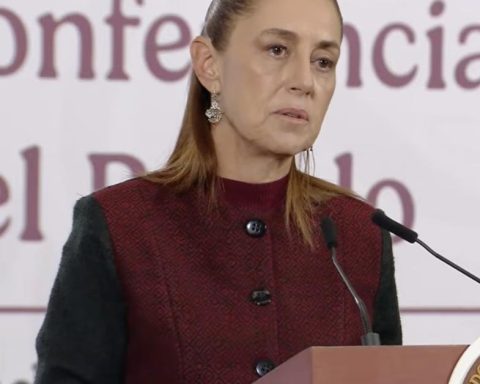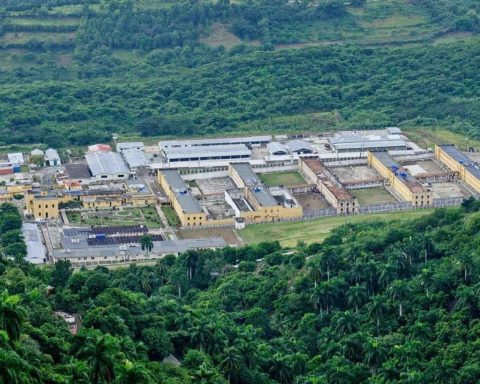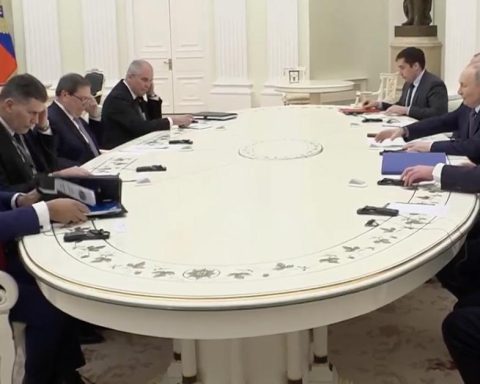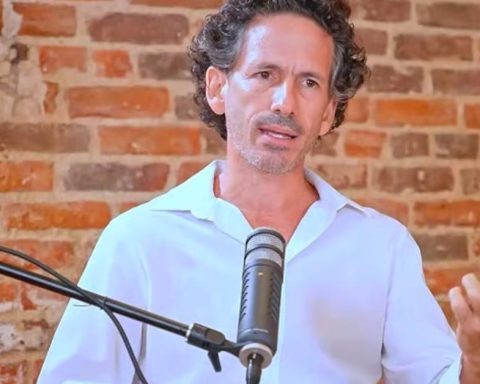The recently announced Law of expropriation for reasons of public utility or social interest has notorious differences with the abundant legislation on this matter. Here we no longer speak of confiscation as punishment or revenge, as in the laws enacted between 1959 and the mid-1960s. However, when the 18 causes that justify an expropriation include “ensuring internal order or interest in guaranteeing national defense and security” it is understood how far this concept can go.
The confiscation of property without compensation appears in the preliminary draft of the Penal Code defined as an accessory sanction and can be applied to at least a dozen typified crimes. But this text does not speak of confiscation, but of expropriation.
The new law includes details on how to compensate those affected by a duly justified expropriation and establishes a process in which there is a right to refute the arguments of the State objecting to the reasons of public utility put forward.
But said objection does not proceed when the public utility is based on the execution of public works, the construction of low-income housing, the execution of programs for economic and social development, the sustainable management of the environment and, of course, they are also unobjectionable. the reasons founded on the assurance of internal order or national defense and security.
The confiscation of property without compensation appears in the preliminary draft of the Penal Code defined as an accessory sanction and can be applied to at least a dozen crimes typified
What is left then? The affected party must demonstrate that it would be more convenient for the State to expropriate other properties than his own. However, what draws the most attention and has raised questions and disagreements is the difference in compensation for foreign investors, who can set the value of what is expropriated “by mutual agreement”; if no agreement is reached, the price is set “by an organization of international prestige in business valuation.”
One of the most striking details is observed in chapter 10, where the possibility of reversing the expropriation is mentioned if within a period of three years the corresponding authority does not allocate the expropriated asset for the purposes expressed in the declaration of public utility. In that case, those affected can go to the same court where the expropriation was ruled and request reversion, paying “their fair price.”
If a clause like this had appeared in other confiscatory or nationalizing decrees, perhaps there would not be so many idle lands infected with marabou or so many commercial establishments turned into ruins.
Article 54 defines that when the interest in the expropriation derives directly from a public calamity or for reasons of ensuring internal order or national defense and security and there is an urgent need to occupy the property, “the corresponding authority may take immediate possession of those necessary to satisfy that purpose, without prior formality or other diligence, regardless of whether the process to determine compensation is followed.”
Chapter 10 mentions the possibility of reversing the expropriation if within a period of three years the corresponding authority does not allocate the expropriated asset for the purposes expressed in the declaration of public utility.
Article 10 specifies who has the authority to declare the public utility or social interest of a property for expropriation purposes. Listed in descending hierarchical order are from the Council of Ministers to the Municipal Administration Councils and the directors of the Offices of the Special Development Zones. It is specified that for the expropriation of foreign investments the declaration of public utility or social interest is an exclusive attribution of the Council of Ministers.
Every time a new law is enacted, citizens ask themselves what is their public utility, what is their social interest. It gives the impression that the State has an imminent compliance plan to carry out numerous public works, build hundreds of thousands of houses, or carry out programs for economic and social development, or for the sustainable management of the environment, which provoke the need to expropriate land, houses and other spaces. But the economic reality of the country shows no signs that these projects are on the State calendar.
Perhaps the only intention is to reassure foreign investors that they will not be dispossessed of their properties in the middle of a fervent speech, as was done in October 1960, when more than 300 large companies and all the banks were liquidated at a stroke of the pen. .
In this law there is neither revolutionary passion nor righteous spirits. The exploitation of man by man and the recovery of our wealth are not invoked. This time it will not be rude men dressed as militiamen entering the offices announcing the nationalization, but young lawyers with good manners to discuss the terms of the indemnity.
________________________
Collaborate with our work:
The team of 14ymedio is committed to doing serious journalism that reflects the reality of deep Cuba. Thank you for joining us on this long road. We invite you to continue supporting us, but this time becoming a member of our journal. Together we can continue transforming journalism in Cuba.
















